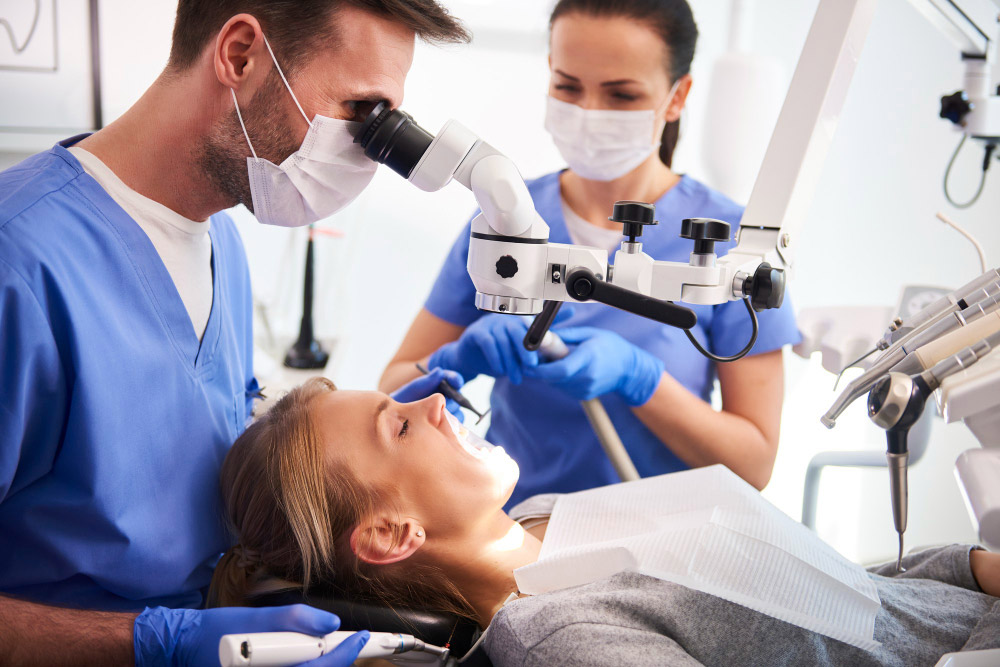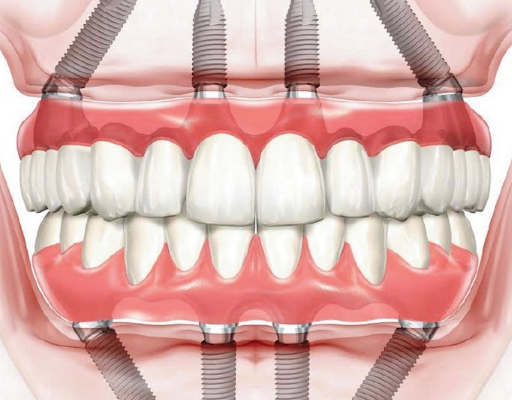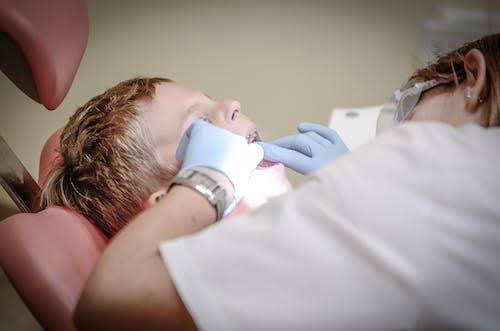Modern dentistry continuously evolves, making significant strides in enhancing patient care through technological advancements. Integrating new treatment methodologies not only refines the patient experience but also improves the efficacy of dental procedures. The focus has shifted towards procedures that are not only effective but also comfortable and quick, reducing the time patients spend in the dentist’s office. With these developments, dental care professionals are better equipped to diagnose, treat, and manage various oral health issues with accuracy and patient satisfaction.
Table of Contents
The Art and Science of Modern Dental Procedures
Today’s dental procedures perfectly blend artistry and scientific precision as performed in a modern dentist office. Techniques such as laser dentistry, often available in advanced dental offices, have transformed the landscape of dental treatments, offering less invasive alternatives to traditional methods. 3D imaging, another technology embraced by contemporary dentist offices, has enabled dentists to create detailed models of a patient’s mouth, ensuring that procedures such as dental implants and orthodontics are performed with unparalleled accuracy. These advancements, spearheaded by innovative dentist offices, contribute to better dental health and significantly reduce recovery time and discomfort, heralding a new era of patient-centered care. This shift towards technologically advanced dental care showcases how dentist offices are at the forefront of adopting innovative techniques to enhance patient outcomes and comfort.
Pain Management in Dentistry Today
The fear of pain associated with dental procedures is often a significant deterrent for many seeking dental care. Modern dentistry, however, has made tremendous progress in pain management, with options ranging from topical anesthetics to various forms of sedation. Techniques like conscious sedation can help patients remain relaxed and comfortable throughout their treatment, transforming the once daunting experience into a manageable and stress-free. These advancements make regular dental visits more likely and contribute to a proactive approach to maintaining oral health.
The Role of Digital Dentistry in Personalized Care
Personalization is at the heart of digital dentistry, a principle that is especially important when it comes to a dentist for children. Sophisticated software aids in creating highly accurate digital impressions, leading to customized care plans tailored to each child’s unique dental profile. This level of customization is crucial for aesthetics or comfort and for providing the best possible treatment outcomes for young patients. Digital planning tools simplify the process of designing crowns, bridges, and implants, ensuring that these restorations fit perfectly and function as intended for children, whose dental needs constantly change as they grow. The seamless integration of digital records enhances long-term dental care management for pediatric patients, enabling dentists specialized in children’s dental care to monitor changes over time and anticipate future needs proactively. This approach underscores the importance of personalization in pediatric dentistry, ensuring that every child receives care as unique as they are.
Innovations in Cosmetic Dentistry
Cosmetic dentistry has seen significant advancements, from teeth whitening to porcelain veneers. These practices now employ state-of-the-art materials and techniques that enhance the function and health of teeth and provide aesthetically pleasing results. These cosmetic improvements profoundly affect many individuals, boosting self-esteem and overall happiness. The advent of digital smile design enables dentists to work with patients to create their ideal smiles in a highly collaborative manner, ensuring the final result is both beautiful and satisfying.
The Integration of Dental Health and Overall Wellness
The link between dental and systemic health has become increasingly clear to health professionals. Issues such as gum disease have been linked to a variety of conditions, including heart disease, diabetes, and even Alzheimer’s. Modern dentistry emphasizes a preventive approach, understanding that good oral health is crucial to well-being. As such, dentists play a critical role in the broader health ecosystem, educating patients on the importance of dental health as part of a holistic approach to managing their general health. Regular dental check-ups are now considered a vital aspect of a healthy lifestyle.
Advancements in Orthodontics and Straightening Techniques
Orthodontics has seen a tremendous overhaul in recent years with innovations like clear aligners. These breakthroughs cater to aesthetic concerns and offer patients a more comfortable and convenient treatment than traditional metal braces. With modern orthodontic treatments, patients can achieve straight, healthy teeth in a fraction of the time previously required. Additionally, the improved design of these devices facilitates easier cleaning and better oral hygiene during the treatment period.
Restorative Dentistry and Materials
Never before has restorative dentistry offered such natural-looking and durable results. Thanks to the innovative materials now available, restorations such as fillings, crowns, and implants are more resilient and better matched to the biomechanical properties of natural teeth. These new materials are solid and long-lasting and mimic the appearance of natural teeth to such a degree that it becomes difficult to distinguish the restoration work. As material science progresses, the future holds even more promising prospects for restorative dental treatments.
Choosing the Right Dental Clinic
In an era where technology is interwoven with health care, selecting a dental clinic that leverages modern technologies and emphasizes patient care is crucial. Prospective patients should consider the technology and expertise available at the dental clinic when making this choice. A clinic that invests in current technologies demonstrates a commitment to providing the best care. Characteristics such as the dental team’s experience, approach to patient care, and openness to embracing new technologies are essential factors to consider.





